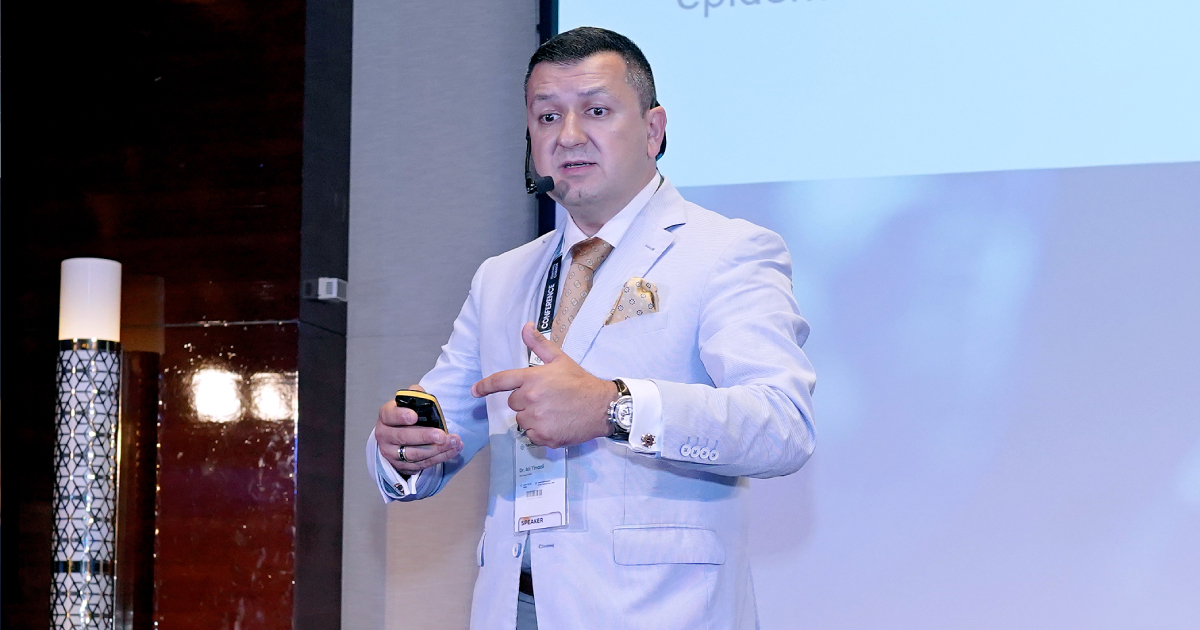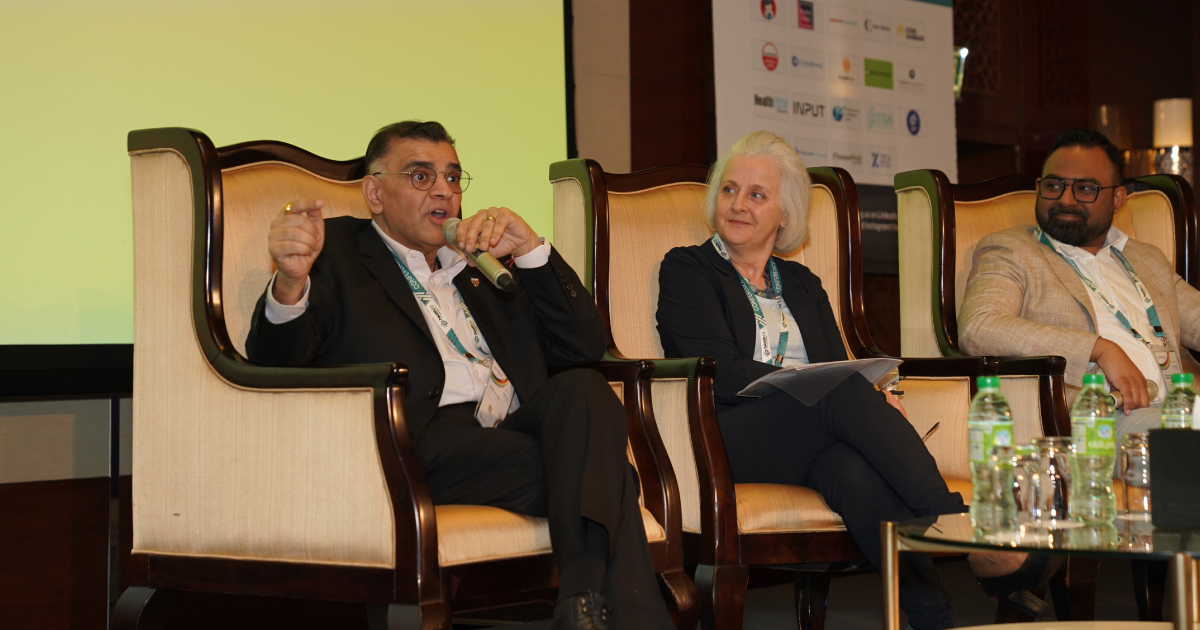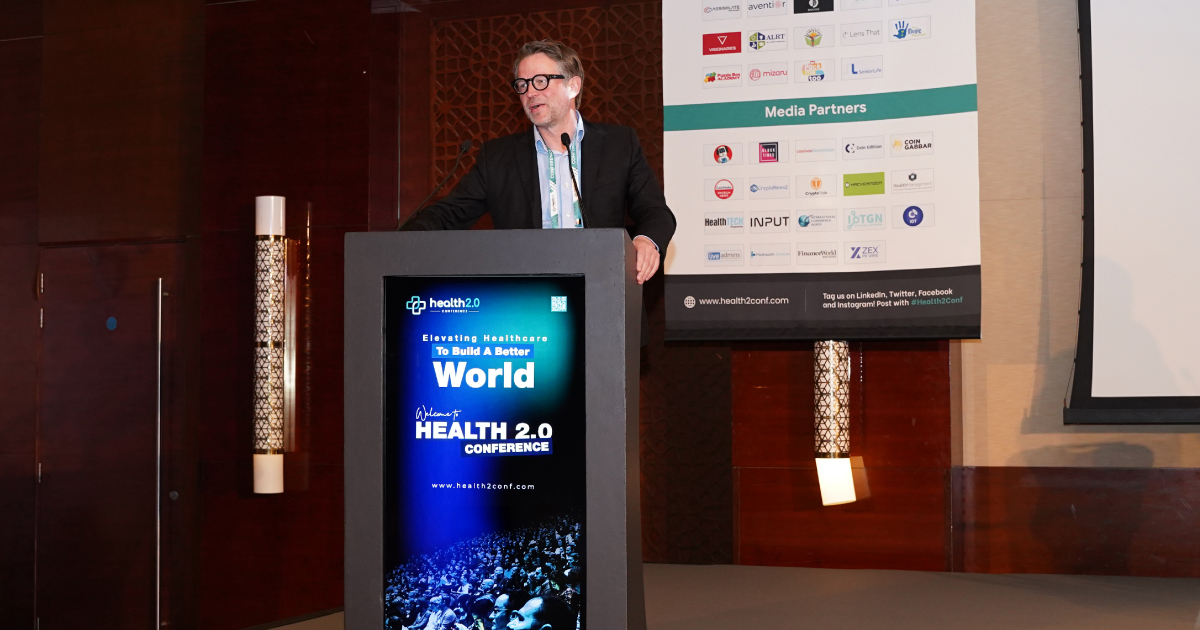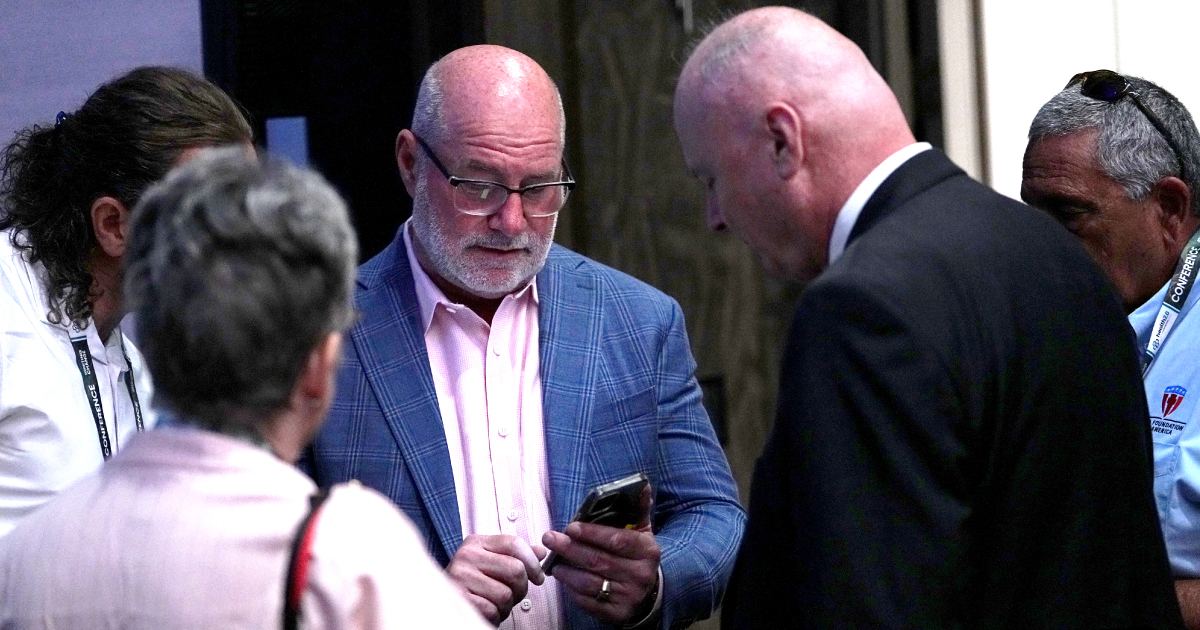Posted on : September 01, 2023
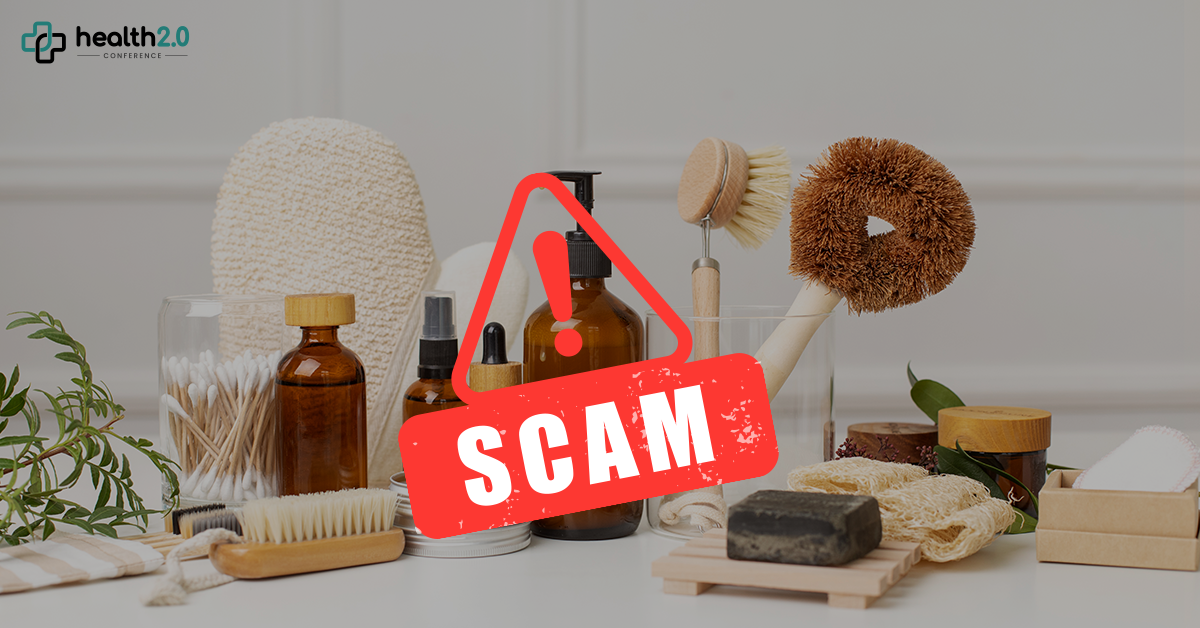
Discovering effective wellness products in today's market can feel like navigating a labyrinth. As the self-care trend gains momentum, so do opportunistic scams that promise quick fixes.
Dubious self-care products that ride the tide of popularity have emerged, putting genuine wellness at risk. As aficionados of a healthier lifestyle, it's essential to sift through these mirages and find genuine gems. If you're navigating this industry's treacherous waters, you're in luck.
With the upcoming healthcare events such as the Health 2.0 Conference in Dubai shining a spotlight on the latest in health and well-being, it's imperative now more than ever to arm ourselves with the knowledge to distinguish between genuine self-care products and flashy fads.
Today we will serve as your compass, guiding you to make informed decisions, and ensuring that you invest not just your money, but your trust, in the right places. Join us as we delve into concrete strategies to steer clear of the pitfalls and ensure your journey toward wellness is genuine and fruitful.
Dive in and let's together pave a safer path towards holistic health.
The Wellness World: A Siren's Song For Scammers
The allure of the wellness industry is undeniable. It promises health, vitality, and a path to our ideal selves. But with its rapid growth and substantial profits, it has also become an irresistible magnet for scams and deceptive practices. Experts at top healthcare conferences in the USA, such as the Health 2.0 Conference, have highlighted the following reasons why the wellness industry has become a potential target for scammers in recent years-
- A Boom In Self-Care
The surge in interest surrounding self-care and holistic health has given birth to a marketplace swarming with products. Many are genuine, but others, are not so much. As the saying goes, "Where there's honey, there are bees."
- The Allure Of Quick Fixes
The wellness industry, estimated to be worth billions, thrives on the promise of better health, enhanced beauty, and a revitalized spirit. As consumers, we're naturally drawn to quick fixes or magical elixirs that promise rejuvenation with minimal effort. This inherent desire makes it a lucrative market for those looking to capitalize on these aspirations, often without genuine benefits in tow.
- Trust In Natural And Organic
Many consumers are veering towards 'natural' and 'organic' solutions, believing them to be inherently safe and beneficial. This trust creates an opportunity for unscrupulous businesses to market subpar or even harmful products under the guise of these buzzwords, without them genuinely being the real deal.
- Consumer Vulnerability
Many turn to wellness products seeking relief from chronic ailments or to achieve a desired health goal. This vulnerability can sometimes lead to an emotional purchase, making it easier for scams to penetrate.
- Rapid Market Expansion
The industry's meteoric rise has made it challenging for regulatory bodies to keep pace. This lag allows deceptive products to flourish momentarily before they're flagged.
- Exploiting The Fear Of Missing Out (FOMO)
With countless influencers and celebrities endorsing the latest wellness trends, many consumers fear being left out. Scammers exploit this FOMO, creating a sense of urgency around their products, even if they lack scientific backing.
To navigate this bustling industry safely, it's crucial for consumers to be discerning and educated. By understanding why this sector is a prime target, we're better equipped to identify and sidestep potential pitfalls.
Navigating The Minefield: Unmasking The Most Common Self-Care Scams
In the vast world of self-care, it's essential to be a discerning consumer. Equip yourself with knowledge, ask questions, and always prioritize your health over enticing marketing gimmicks. Remember, genuine wellness isn’t found in a miracle jar; it’s a journey of consistent, informed choices. Experts at the Health 2.0 Conference, one of the anticipated USA healthcare conferences, review the most common types of self-care scams that we come across in our daily lives. Let’s have a look-
- Miracle Claims
Every so often, a new product appears, promising miraculous results. From overnight acne solutions to instant weight loss teas, if it sounds too good to be true, it often is. Trust science and testimonials, not lofty promises.
- Counterfeit Products
Fake products can not only waste your money but can be harmful. Some counterfeits contain toxic ingredients or substandard materials that could adversely affect your health. Always buy from reputable sources, check for certifications or seals of authenticity, and be wary of deals that seem too good to be true.
- Undisclosed Ingredients
A genuine product will always list its ingredients. If a self-care item is secretive about what’s inside, you might be applying unknown and potentially harmful substances to your body. Furthermore, brands committed to transparency will often provide insights into the source and quality of their ingredients.
 Subscription Traps
Subscription Traps
Beware of seemingly one-time deals; they might enroll you in monthly subscriptions. Always check the fine print, especially with free trials. Regularly review your bank statements for unauthorized charges, and contact the company if you spot unexpected deductions to avoid unwanted payment cycles.
- Exaggerated Celebrity Endorsements
Just because a celebrity promotes a product doesn’t mean it’s effective. Some endorsements are paid, with the celebrity having little to no real experience with the product. Additionally, what works for one individual, even a famous one, might not necessarily work for you. Always research and choose products based on their merits, not just a familiar face.
Unlocking Genuine Products: The Key Strategies You Need!
The wellness industry is booming, but with it comes a flood of counterfeits and scams. Navigate safely by keeping the following simple strategies in mind.
- Research The Brand
Begin with a deep dive into the brand's history. Established brands with a reputation for quality tend to produce genuine products. Read online reviews, but be discerning; scammers are adept at creating fake testimonials.
- Check Certifications
Genuine self-care products often have certifications, like organic, cruelty-free, or dermatologically tested. Certifications ensure that the product meets specific standards and is not just a marketing gimmick.
- Examine Packaging
Counterfeit products often have discrepancies in their packaging. This could be in the form of misspellings, fuzzy graphics, or subpar materials. Quality packaging often indicates a genuine product inside.
- Authenticate Through Apps
There are now several mobile apps dedicated to authenticating products by scanning barcodes. Using these can provide a quick check on a product's authenticity.
- Trust Your Instincts
Lastly, if a deal seems too good to be true, it probably is. Trusting your gut is crucial in an industry rife with tempting offers. In the vast sea of wellness products, be a discerning consumer. Prioritize your safety, health, and well-being by choosing genuine products.
Final Words
In the vast world of wellness, discernment is key. With scams lurking, equipping oneself with the right strategies can be a game-changer. As we navigate this industry, staying updated and vigilant is paramount. Interestingly, upcoming healthcare events in Dubai, such as the Health 2.0 Conference, offer a platform to further our understanding and connect with genuine industry leaders.
By intertwining education with proactive steps, consumers can enjoy the benefits of self-care products without the fear of deception. The wellness journey, while promising, requires an informed path, ensuring we invest in genuine products that truly nurture our well-being.






